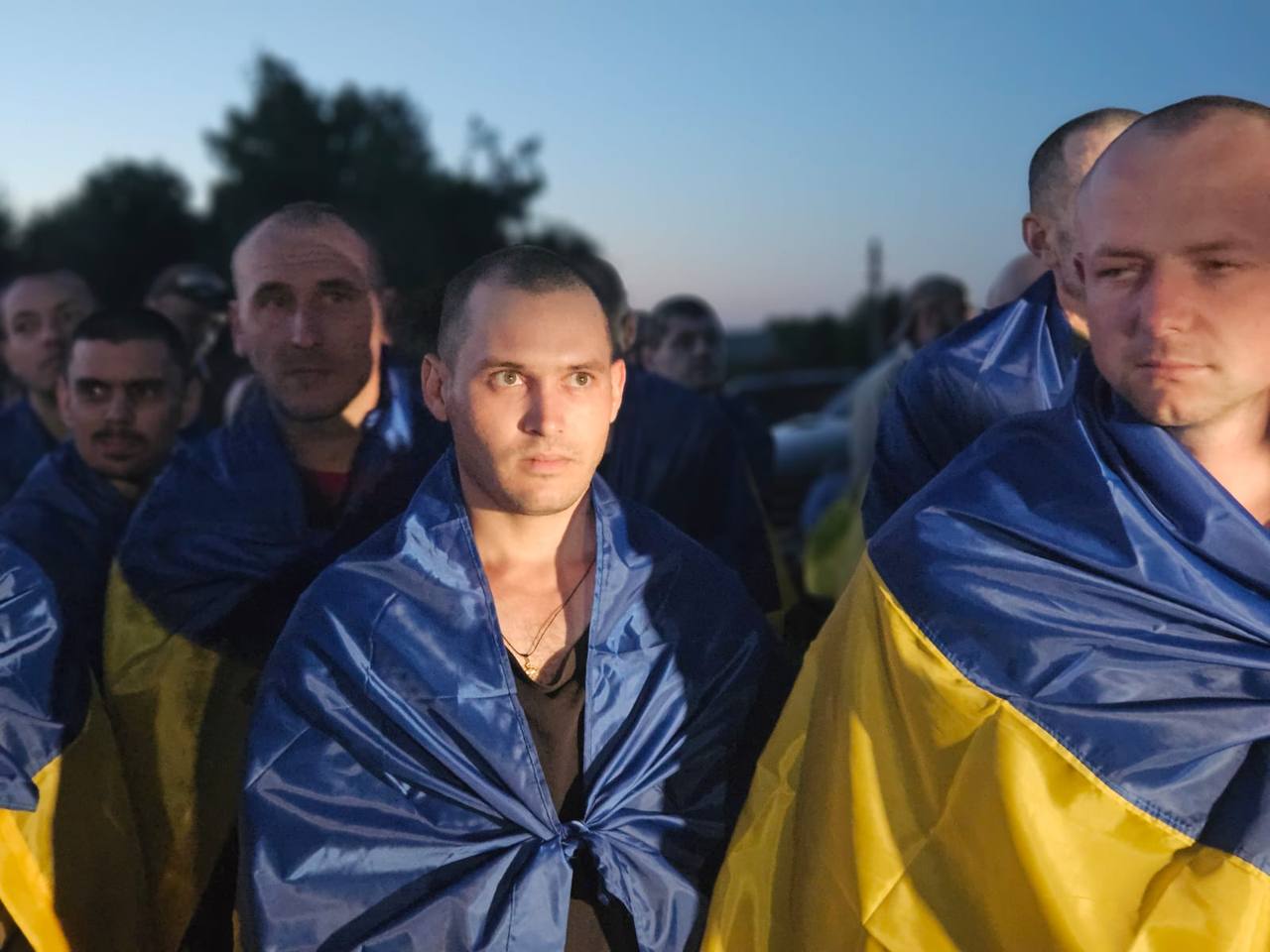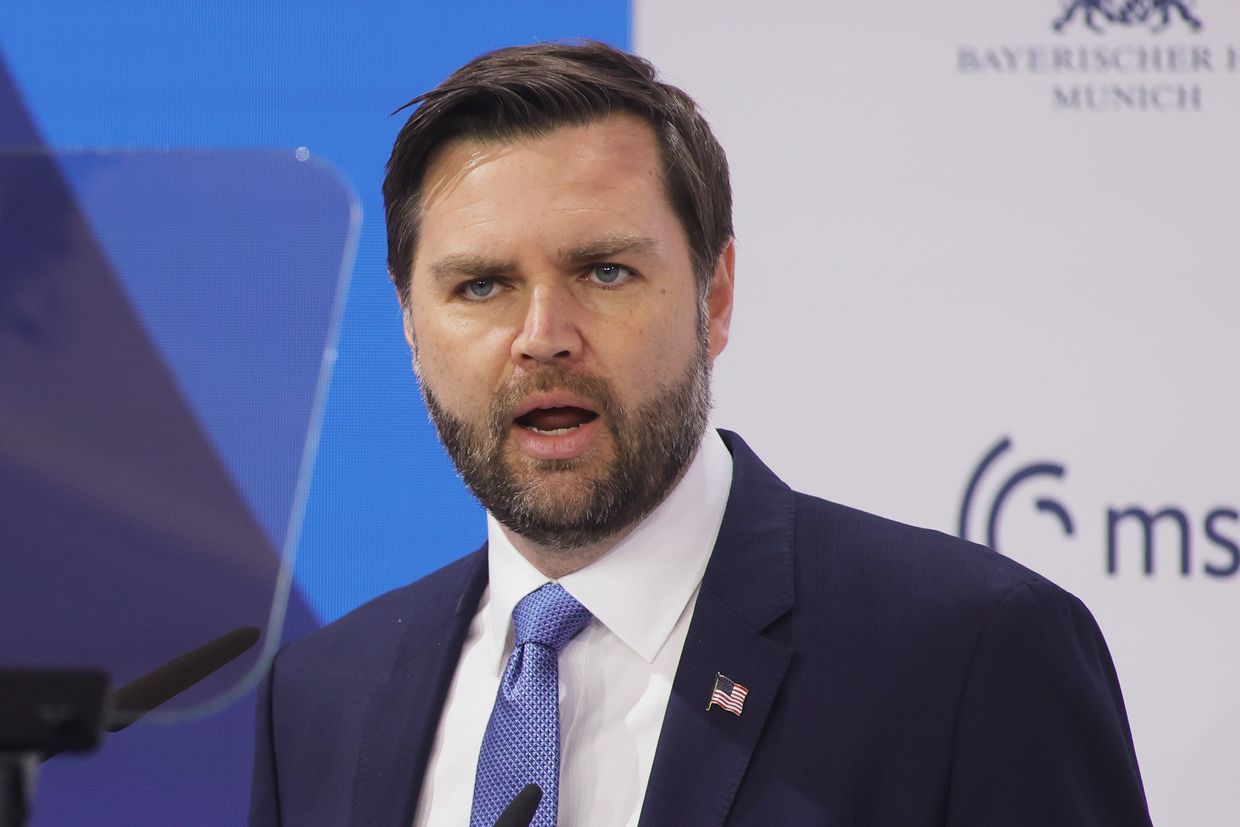Ukraine's Human Rights Ombudsman Dmytro Lubinets said on July 20 that most Ukrainian prisoners of war who were released had never been visited by the Red Cross representatives while in Russian captivity.
His post on social media came in response to a recent interview of Boris Michel, the head of the delegation of the International Committee of the Red Cross (ICRC) in Russia, with the Russian state-controlled media RIA Novosti.
In the interview, Michel said that ICRC staff visited 3,100 prisoners of war in Russia and Ukraine, adding that these visits “are very important for the prisoners of war themselves and their relatives, as they await news about their loved ones.”
Lubinets said that Michel didn’t specify how many visits were paid to POWs separately in Russia and Ukraine because “almost all” the POWs who received the visits were Russian prisoners held by Ukraine in accordance with the Geneva Conventions.
“When talking with our defenders who returned from enemy captivity, I learned that the vast majority of them had not seen or communicated with representatives of the ICRC during the entire time of their captivity,” he said.
Russia has released 3,310 Ukrainians from captivity as part of 53 POW exchanges since 2022, President Volodymyr Zelensky said in July.
As of January, 8,000 Ukrainians, both military and civilians, remained in Russian captivity, according to the Ukrainian authorities.
Previously, the ICRC refused to disclose the number of Ukrainian POWs it visited in Russia. The organization had been criticized by Ukrainian society before for violating its principles of neutrality and failing to fulfill its duties related to Ukrainian prisoners held in Russia.
Lubinets added that during meetings with families of Ukrainian prisoners of war, representatives of the ICRC “under the guise of neutrality announce that 'both sides' should provide access” to the organization. “And they forget to add that it is the Russian side that should change the practice of not allowing ICRC workers to places where Ukrainian defenders are held,” he said.
The ICRC reports are one of the few sources of information for many Ukrainian families whose loved ones are in Russian captivity. Russian authorities have consistently limited the right of Ukrainian POWs to communicate via letters, which is secured by international humanitarian law in the Geneva Conventions.
In April 2024, the Ukrainian government denied the petition from the families of Ukrainian POWs asking to limit the right of Russian captives for calls until the same rights are granted to Ukrainians held by Russia.
“For all this incredibly long time,” the text of the petition by Inna Turova goes, “some of us received only a formal written notification from the International Committee of the Red Cross about the stay of our loved ones in captivity.”
“We write letters to our husbands, sons and brothers, but we don't even know if they reach them. The ICRC is silent about this as firmly as the Russians are,” the petition stated.














